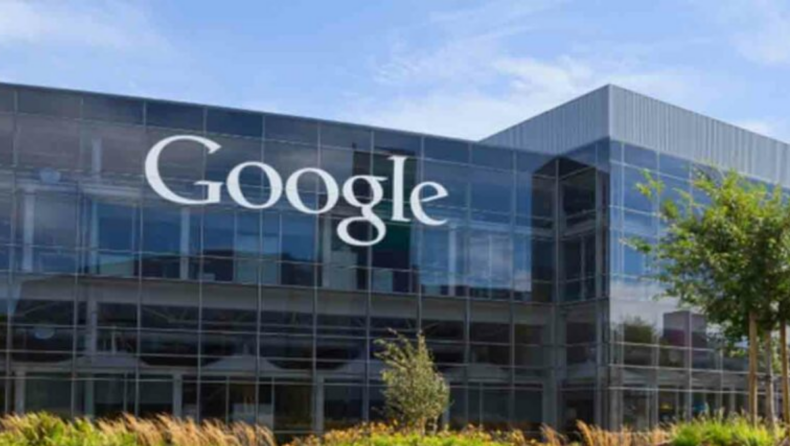The terms of the deal are unknown, Google acquires microLED startup Raxium at $1 billion, according to a report from The Information.
microLED is similar to OLED in that it doesn’t use a backlight, instead, each pixel emits its own light.
Two years ago it acquired North, a pioneer in human-computer interfaces and smart glasses, which has built a strong technology foundation.
After failing to impress people with the consumer edition of its $1500 Glass, Google earlier brought the second edition of its eye-wearable device – Google Glass Enterprise Edition 2, with an improved camera, USB-C type port and safety frames.
The first Google Glass was introduced with much fanfare in 2014. At $1,500, it promised a new, bold era for information. People, however, realised the device was not yet ready to be part of their lives. There were safety and health concerns. The built-in camera raised privacy and piracy issues too.
In the future, Google will probably introduce XR headsets of some kind that might compete with products from Apple, Meta, Microsoft, and Snap. A little more fashionable than Google Glass, North, a Canadian startup recognised for producing inconspicuous prescription-compatible smartglasses, was acquired by Google in 2020. To understand more, see our primer on the distinctions between smartglasses and AR headsets.
Published By :- Shubham Agarwal
Edited By :- Kritika Kashyap













